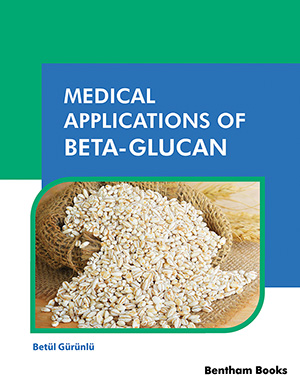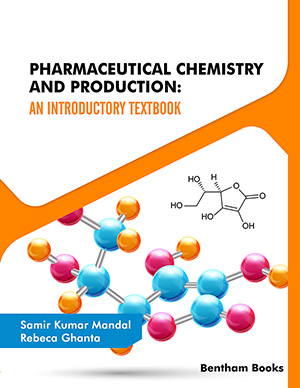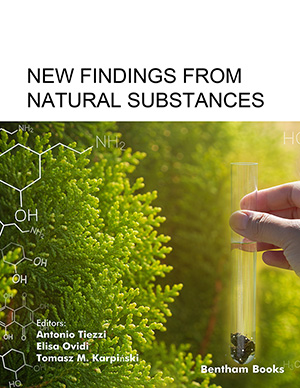Abstract
Ayurveda is not merely a branch of medicine; this is a 'knowledge system'
that deals with the unremitting association between the living and its contiguous
environment to maintain the state of equilibrium and health of human beings as well as
the environment. Historical records suggest Malaria has infected humans since the
early commencement of mankind. Human Malaria is caused by single-cell protozoan
parasites present in the Plasmodium genus, which is transmitted through the bite of
female mosquitoes, Anopheles. The World malaria report (WMR) 2019 estimates that
globally, there were estimated 228 million cases of Malaria in 89 countries. According
to the WMR 2019, India represents 3% of the global malaria burden. In Ayurveda,
Malaria is well thought-out under the portrayal of Vishama Jvara (irregular), which
means 'irregular' in every aspect, including- its origin, symptoms, and periodicity. This
is generally involved in the rasa dhatu (nourishment tissues), and irregularly attacks
the body to manifest the symptoms. Hence, even if the fever subsides, the patient feels
fatigued, heavy and exhausted. These signs and symptoms of Vishama Jvara are
classically reverberating with conventional malarial fever, wherein the fever subsides
and reappears at fixed intervals. This feature of the fever is described in Ayurveda as
Muktaanubandhitvam (reappearing at regular intervals). To date, no effective vaccines
are commercially available to prevent this endemic crisis. Research-based traditional
knowledge system has significantly contributed by yielding two potent antimalarial
drugs: alkaloid quinine derived from the bark of Trinayanani (Cinchona tree) and
artemisinin derived from the plant Damanaka (Artemisia annua L.). In the midst of
increasing problems of drug resistance along with difficulties in affording and accessing effective antimalarial drugs in underprivileged areas, therefore traditional
medicines like Ayurveda have become an important and sustainable source of
treatment of Malaria. The present review focused on evidence-based potential leads in
Ayurveda for the treatment as well as drug development for Malaria. The information
from different classical texts along with research papers, including books, journals and
documents of different universities and institutes, has been collected and analyzed for
the evidence-based lead on different single and multidrug plant-based formulations
used for Malaria.
Keywords: Malaria, Vector born infectious disease, Vishama Jvara, Traditional medicine






















